When the highly trained, loyal bodyguards and drivers of senior Iranian officials came to work near Pasteur Street in Tehran — where Ayatollah Ali Khamenei was killed in an Israeli air strike on Saturday — the Israelis were watching.
Nearly…
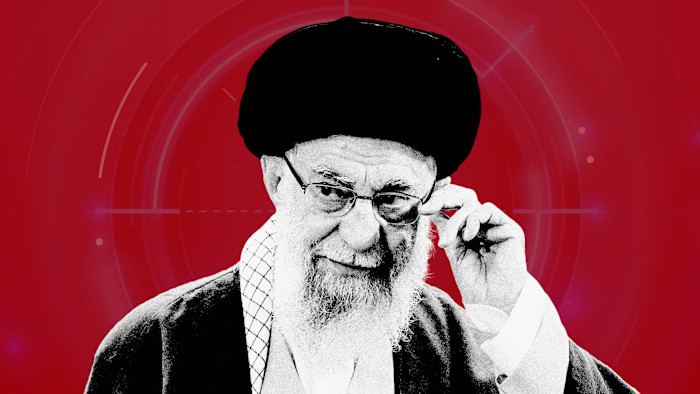
When the highly trained, loyal bodyguards and drivers of senior Iranian officials came to work near Pasteur Street in Tehran — where Ayatollah Ali Khamenei was killed in an Israeli air strike on Saturday — the Israelis were watching.
Nearly…
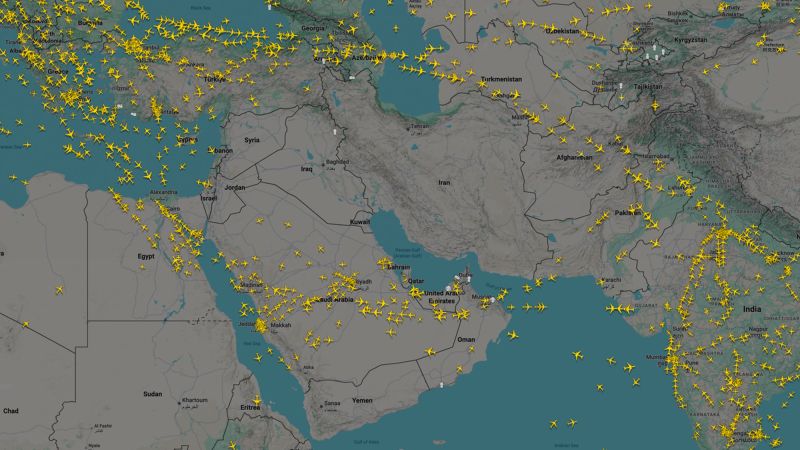
Open the airplane-tracking website Flightradar24 right now and the change is unmistakable. Where one of the world’s busiest aviation crossroads should be — a dense web of aircraft linking Europe, Asia and…
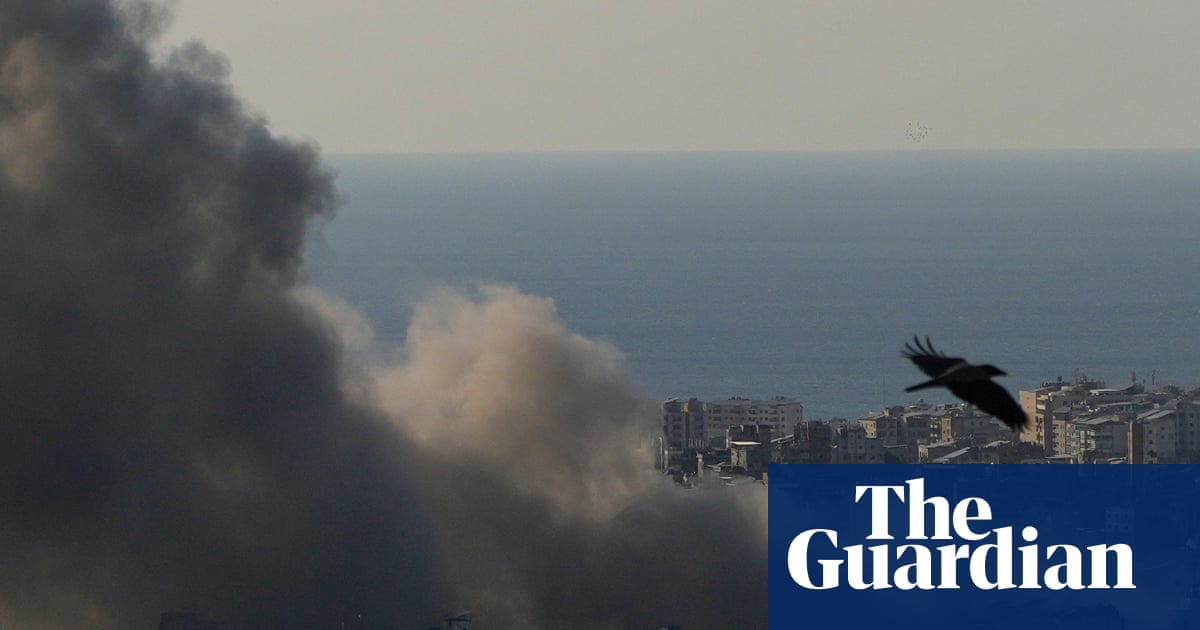
Six US service members have been killed in the US military operations against Iran, the US Central Command said on Monday afternoon.
The announcement comes one day after the military confirmed the deaths of three US service members on Sunday,…
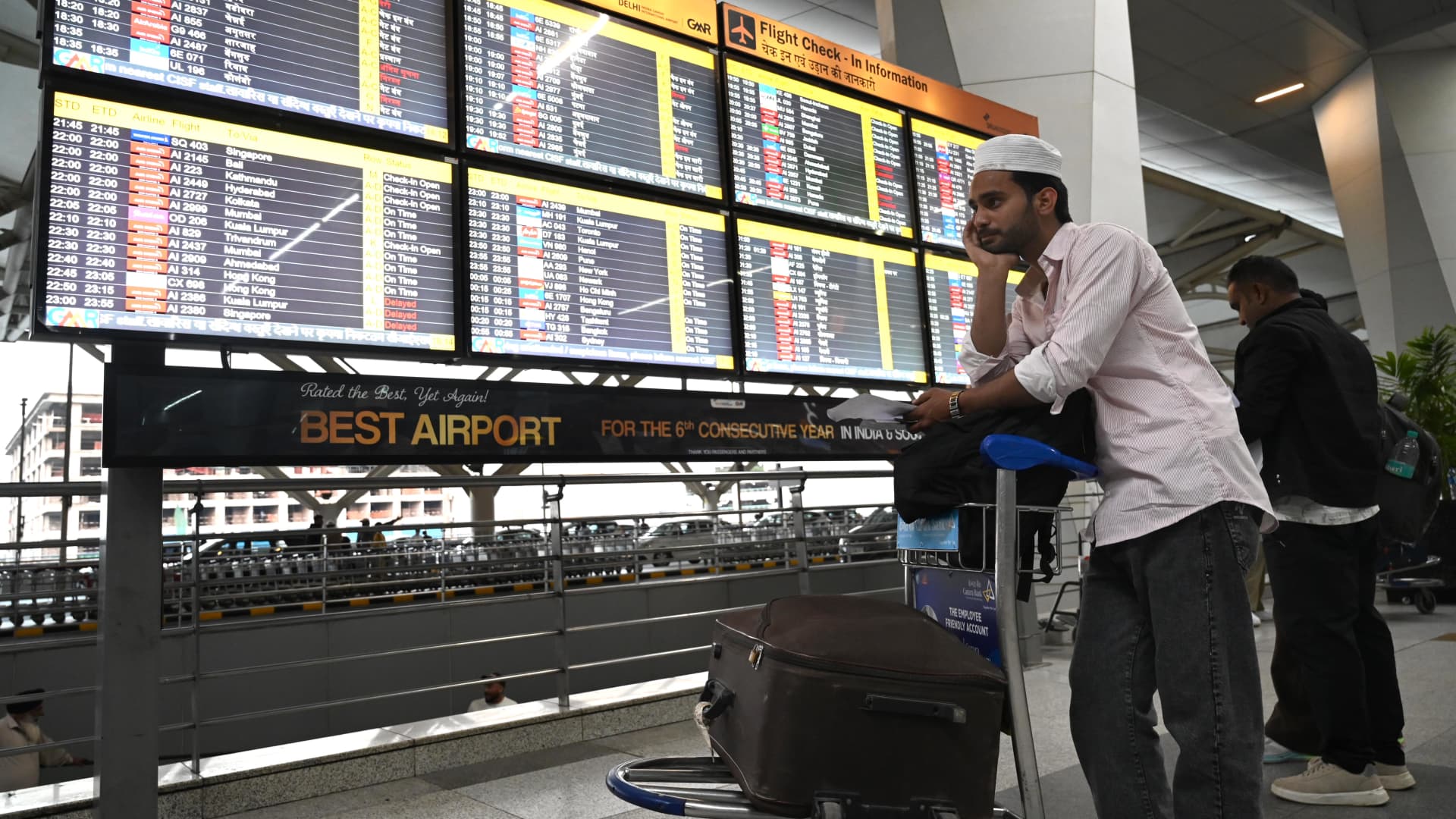
A passenger Mohd Umardaraz from Bijnor Uttar Pradesh stranded at Terminal-3 Delhi airport after his flight for Kuwait is cancelled due to airspace restrictions over Iran and parts of the Middle East on March 1, 2026 in New Delhi, India.
Arvind…
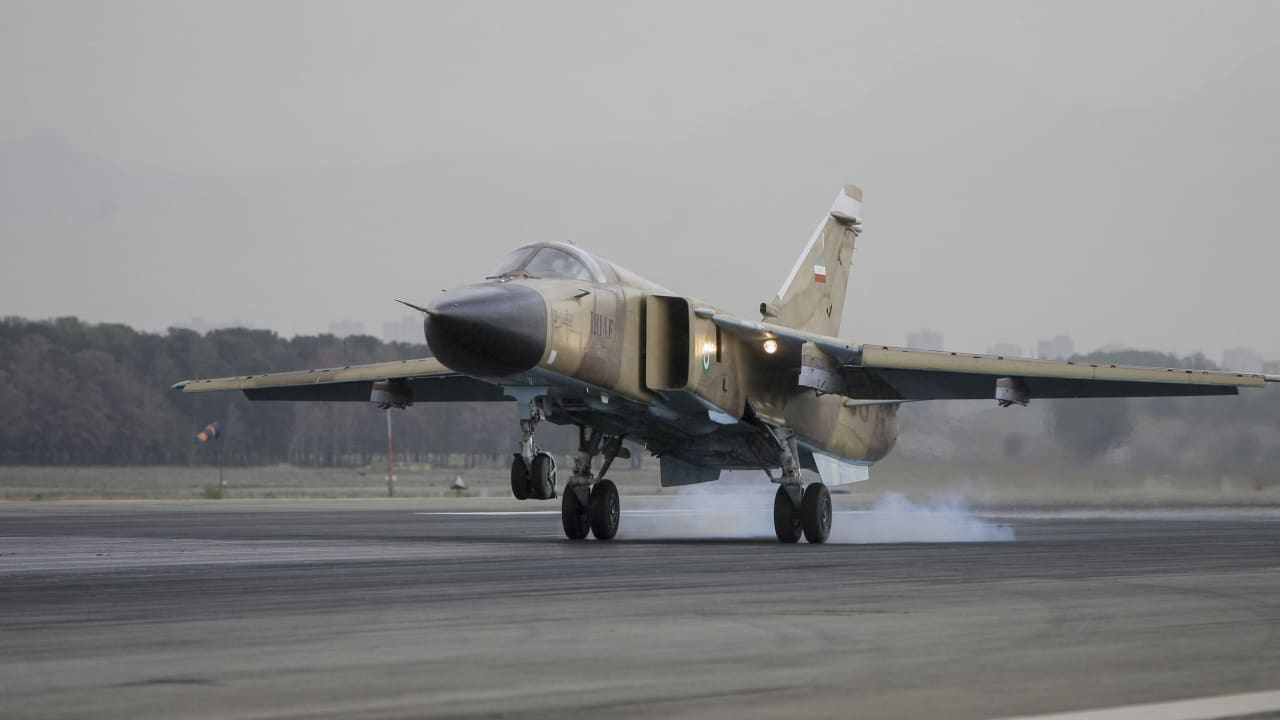
Qatar shot down two Su-24 fighter jets coming from Iran, the Qatari defense ministry said on Monday.
It did not provide further details on the incident.
Arab states in the Gulf, all close US allies, have come under Iranian drone and missile attack…
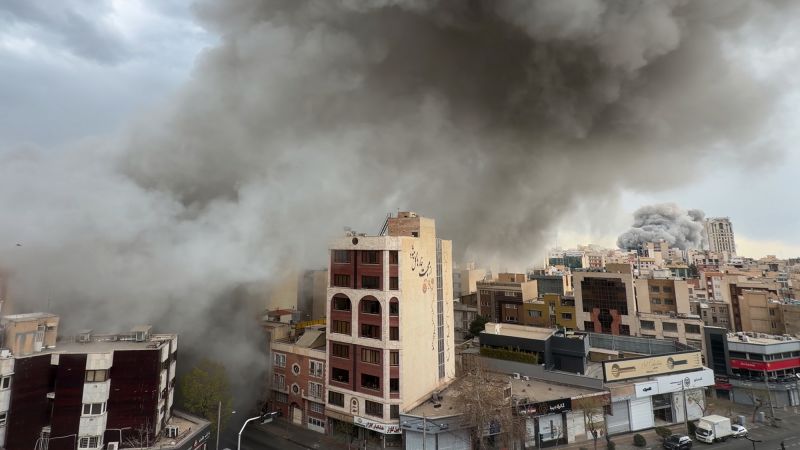
Secretary of Defense Pete Hegseth offered shifting timelines for how long US combat operations in Iran may last, declining to say Monday exactly how long American…
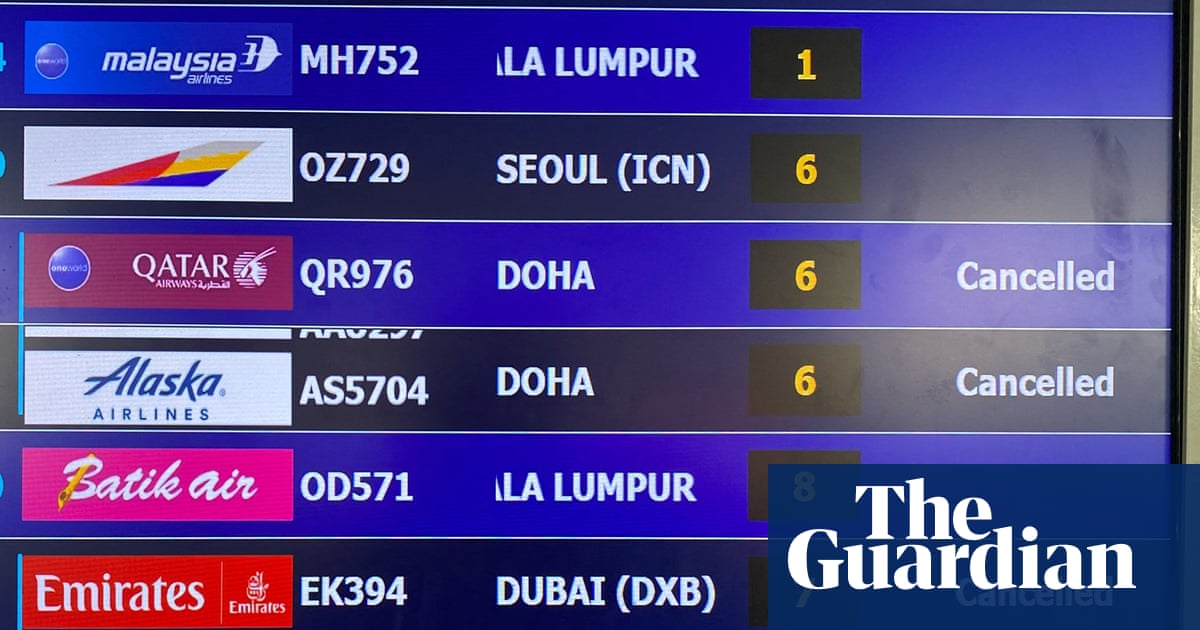
Hundreds of thousands of passengers have been left stranded after the US-Israeli attack on Iran. Retaliatory strikes by Iran have led to airspace being closed across the Gulf and triggered the biggest disruption to global air travel since the…
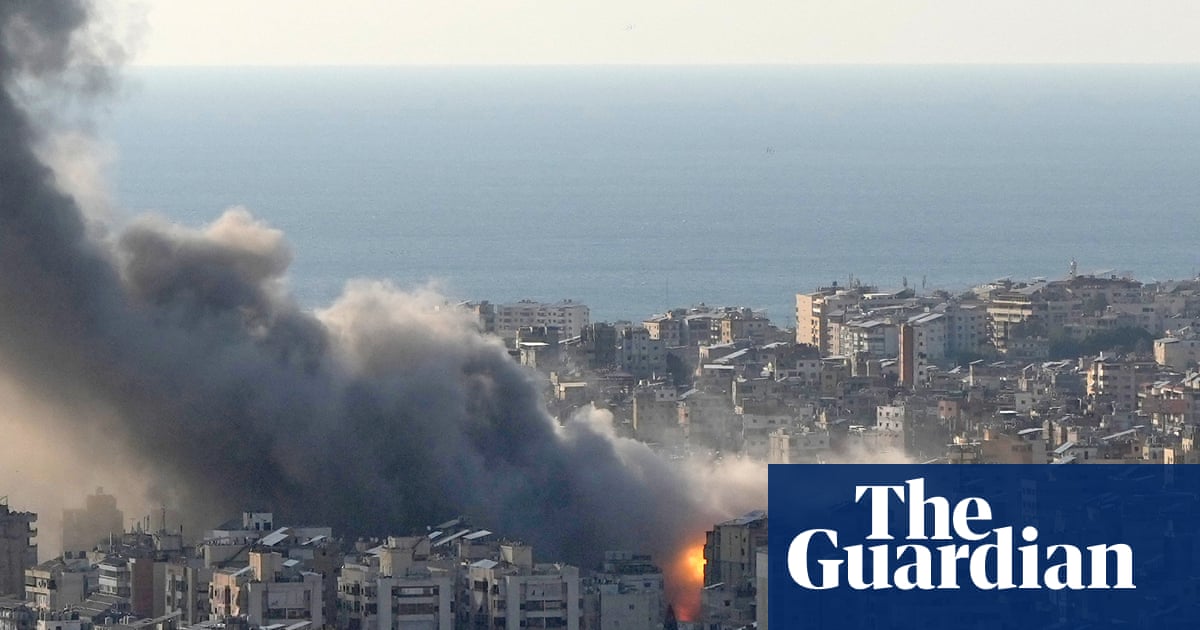
The war in the Middle East triggered by the joint US and Israeli attack on Iran expanded dramatically on Monday, with casualties and destruction reported across at least nine countries in under 10 hours.
Israeli and US warplanes launched a fresh…
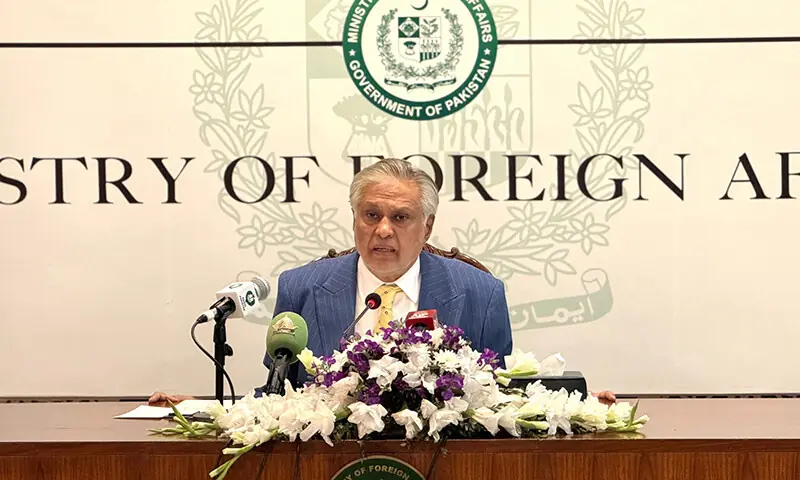
Deputy Prime Minister and Foreign Minister Ishaq Dar on Monday said Pakistan was making “full diplomatic efforts” to de-escalate the regional situation following attacks by the United States and Israel on Iran.
“This recent escalation ……